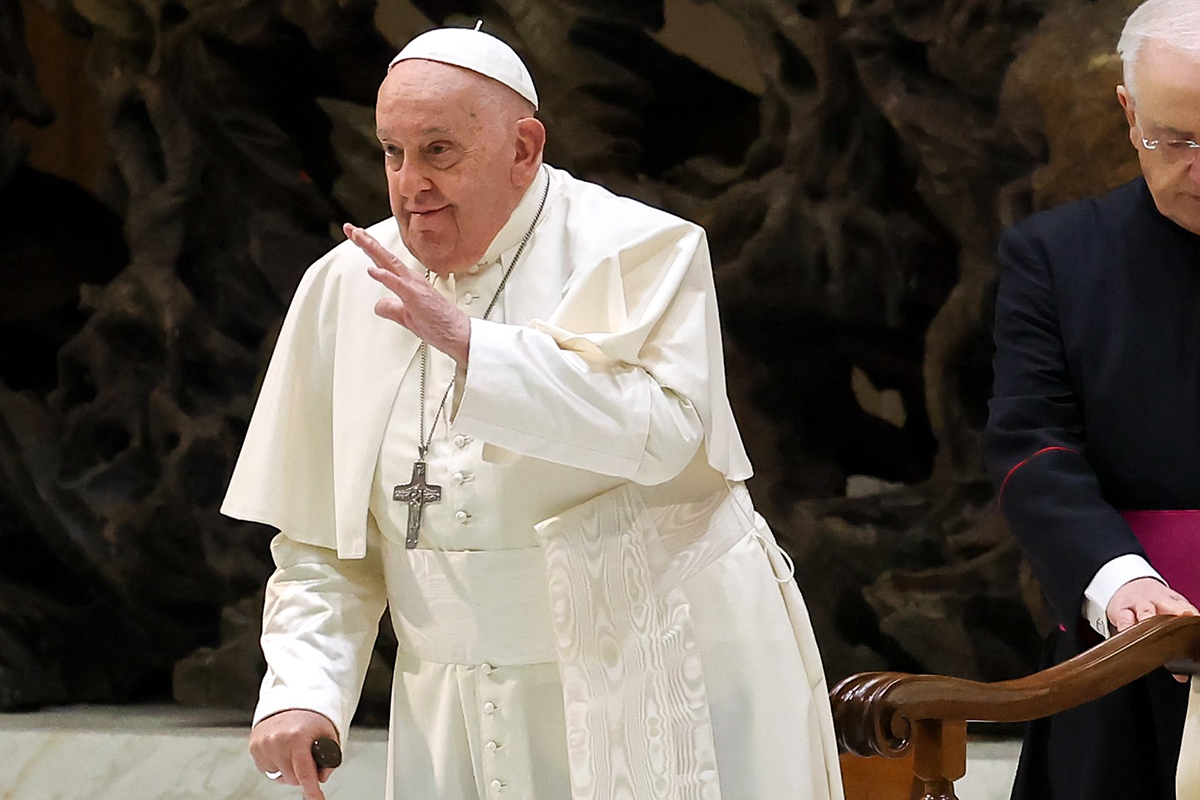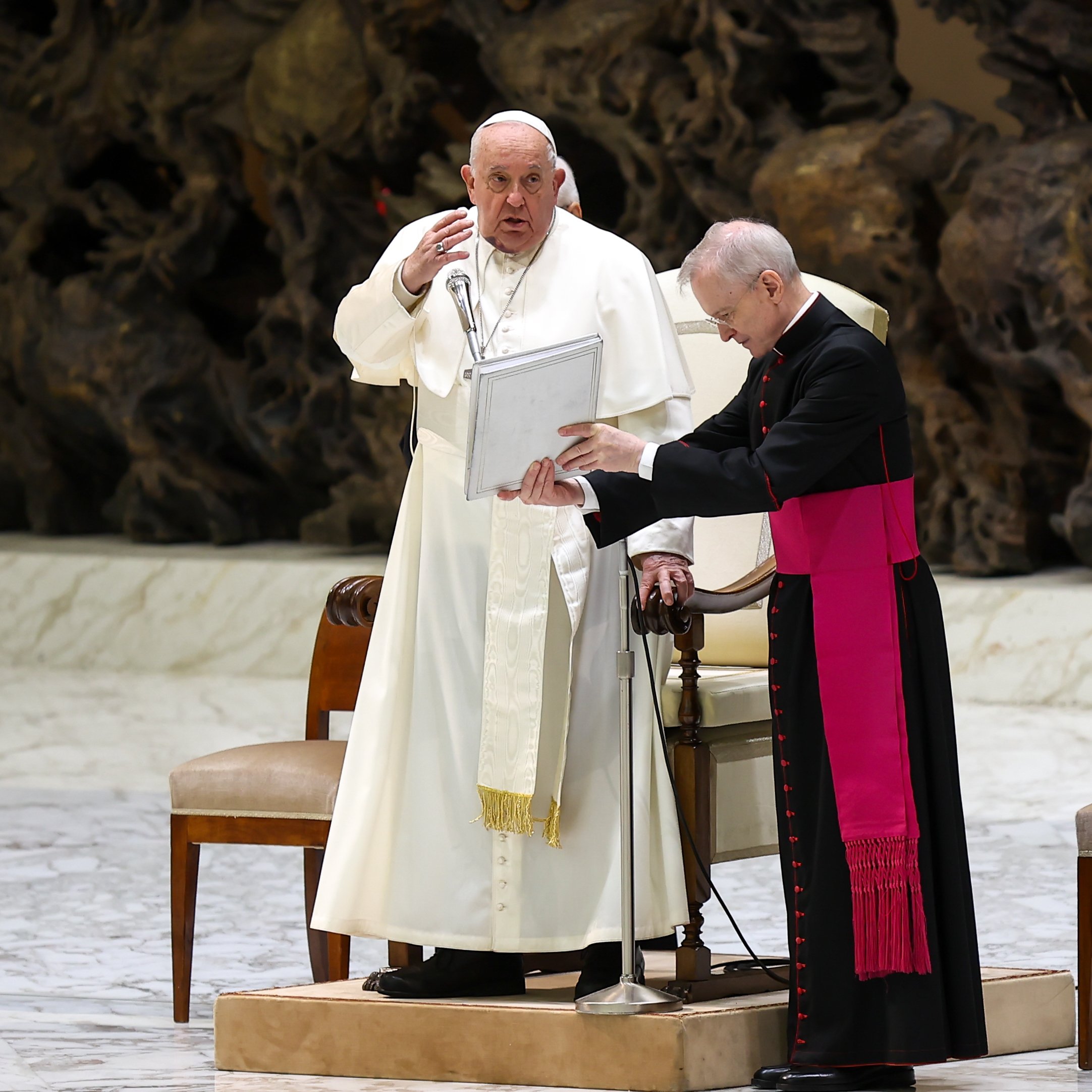SUNDAY SCRIPTURES FOR SEPTEMBER 29| We need to hold fast to the truth of our unity
When we as religious people judge ourselves to be better than others, we demonstrate hypocritical behavior

Whenever somebody asks, “Are we still talking about this,” it’s safe to assume one of two things: Either the topic has been solved and is old news, or it shouldn’t still be happening.
One of the focal points of the Scripture readings for the 26th Sunday in Ordinary Time is the tendency of religious people to be tempted into forming cliques and thinking they are better than others.
Have we ever asked why this keeps happening? Should we be surprised that some faithful people think of themselves as superior and judge others as inferior? I’m not sure we should be surprised, but I do think we should try to do something so that it gradually begins to change. Jesus’ life and teachings make it clear that we should not consider ourselves better than others, nor should we put down others simply because of their behavior or outward appearances. The hypocrisy is very clear and offputting to those outside of our communities.
But why does it keep happening?
If we try to follow a code of behavior that we believe is given to us by God, how could we not think of ourselves as good and holy? If we believe that our adherence to that code of behavior draws us closer to God, how could we not be tempted to think that we are closer to God than those who do not live according to that code? The temptation is more readily embraced when we begin to believe that our adherence to this behavior is because of our effort rather than the gracious gift of God. The temptation of arrogance becomes easier to embrace when we readily forget how many times we have been forgiven for wandering off the path of righteousness. When we forget the mercy and forgiveness of God and only look at our supposed code of behavior, it becomes easy for us to judge ourselves as better than those who don’t exhibit the same outward behavior.
We even get to the point where we measure whether one good choice from a group of people is better or worse than another good choice from another group of people. Since Christianity is so divided against itself and other religions live in the same reality, we begin to judge that the good done by a Christian is better or more inspired than a good done by someone who practices Judaism, Islam, Buddhism or any other religion. “ For who is not against us is for us”(Mark 9).
Religious jealousy, envy and self-righteousness are not attractive characteristics. Our tendency to overlook what we hold in common and to look only at those things that are different and distinctive about each group keeps us from the strength that comes in unity. We allow our differences to erase our commonalities. Even more destructive is our willingness to let the actions of one person represent the actions of everyone in that same group.
Notice the destruction that is happening in our world and our families because we failed to see what we hold as good in common with others. We readily see what divides us and makes us different and sometimes even hold it up as a badge of courage and as a way to judge ourselves as better than others. “That all may be one” is the dream of God and the way that God created us. For the kingdom of God to be present “on earth as it is in heaven,” we must hold fast to the truth of our unity and make sure that we live each day as if we are one.
Father Donald Wester is retired and serves as lecturer of homiletics at Kenrick-Glennon Seminary.






